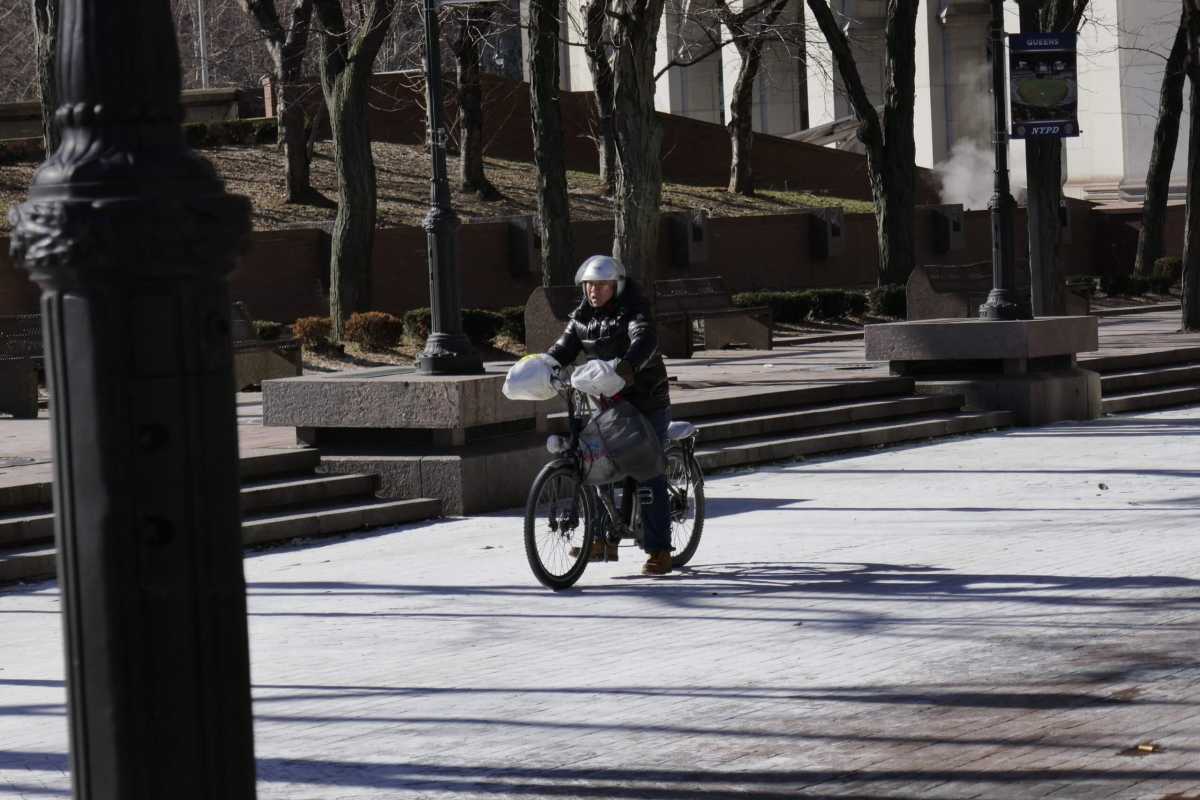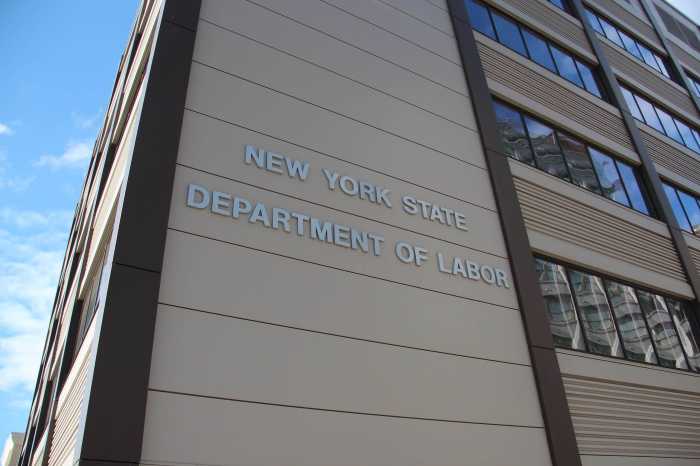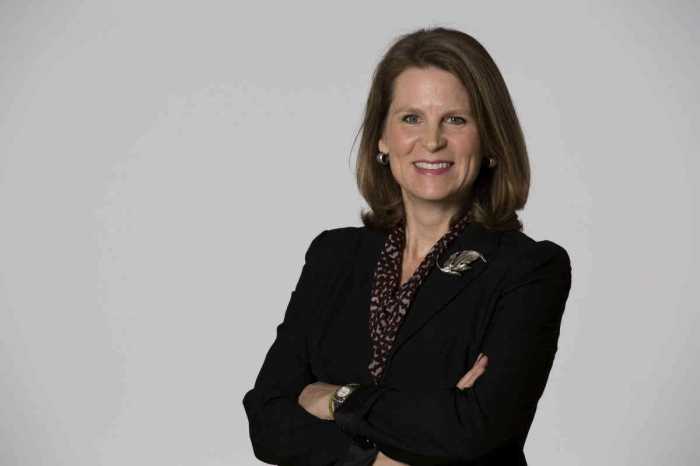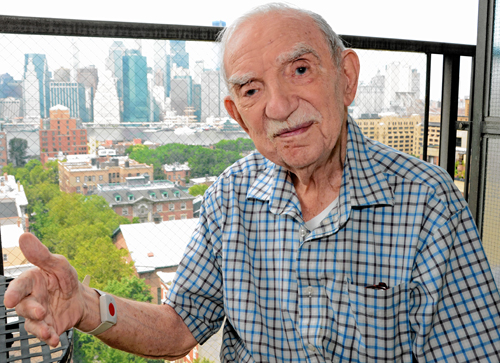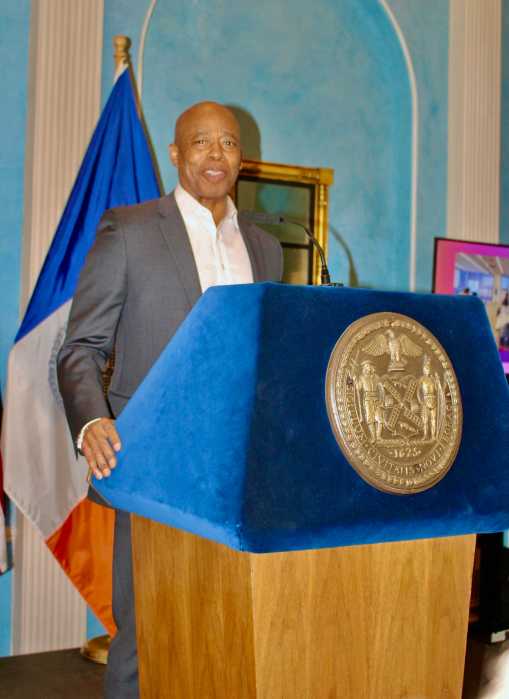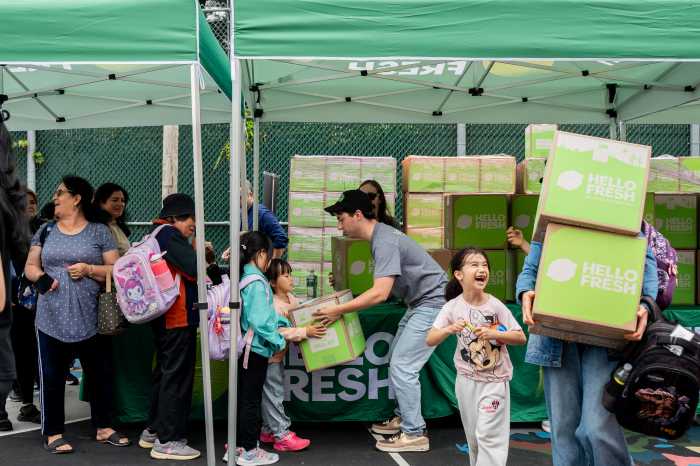Frontline workers deserve more than just our applause, according to a bevy of Brooklyn lawmakers who rallied ahead of the City Council’s Tuesday hearing on a set of bills dubbed the “Essential Workers Bill of Rights.”
If signed into law, the proposed package would ensure a number of protections and economic boosts for workers deemed essential — including a premium of up to $75 per hourly shift for those working at large companies and paid sick leave for gig workers who work as independent contractors.
“There is something wrong with the fact that we’re cheering so loudly, and yet at that very same time some of those workers, if they’re gig workers, can’t take a paid day off if they’re sick,” said Park Slope Councilman Brad Lander, a co-sponsor of one of the package’s four bills.
Under the contents of a bill sponsored by Fort Greene Councilwoman Laurie Cumbo, employers of more than 10o essential workers would be required to pay hourly workers an additional $30 for shifts up to four hours, an additional $60 for a shift between four and eight hours, and $75 for a shift over eight hours.
These premiums would expire when the state of emergency is lifted, and government workers who receive taxpayer-funded salaries would be exempt from the premiums, according to the Cumbo who, during Monday’s virtual press conference, pointed to some of the new financial burdens faced by essential workers.
“If I had to go out to work, I would have to pay for childcare that I normally would not have to pay for because my child would be at school,” she said. “That is an essential cost.”
Also included in the package is a bill sponsored by Lander, with Councilman Ben Kallos and Council Speaker Corey Johnson, that would require businesses to provide just cause when firing essential workers, in the hopes that workers do not feel intimidated to speak up against workplace conditions or organize with other employees.
The trio’s legislation comes after Staten Island Amazon warehouse worker Chris Smalls was fired by the e-commerce giant after organizing a protest of conditions at his facility.
Business advocates, however, have slammed the bill, which they say would put undue stress on already suffering businesses.
“One thing that’s clear is that 30 to 40 percent of small businesses may never reopen,” said Samara Karasyk, chief policy officer at the Brooklyn Chamber of Commerce.
Karasyk said the just-cause bill especially worries business owners, many of whom have been forced to let employees go due to financial realities. In these cases, there is no documentation of wrongdoing by the employees, which could leave businesses vulnerable to fines from the city.
“This could result in thousands of dollars in fines for a small business that let someone go because they’re worried they’re going to close,” Karasyk told Brooklyn Paper.
Cumbo pushed back on that bill’s criticisms, and pointed to the huge profits larger corporations like Amazon have pulled in during the pandemic to argue that hazard pay has to happen one way or another.
“This is something that we can’t look at [and say] ‘Oh the industry just can’t afford it, so those individuals just shouldn’t get it,” she said. “This has to happen in some form.”
The package will be introduced at a hearing of the Council’s Committee on Civil Service and Labor on May 5.


